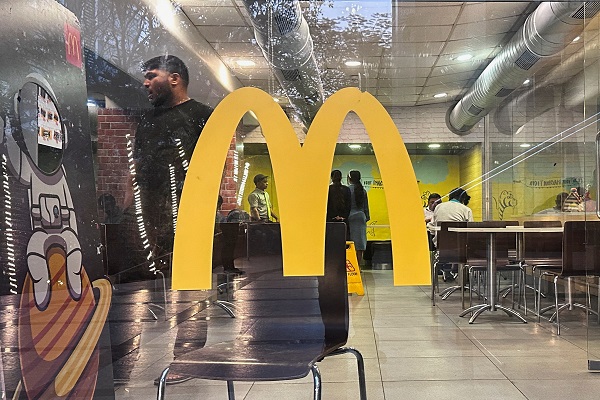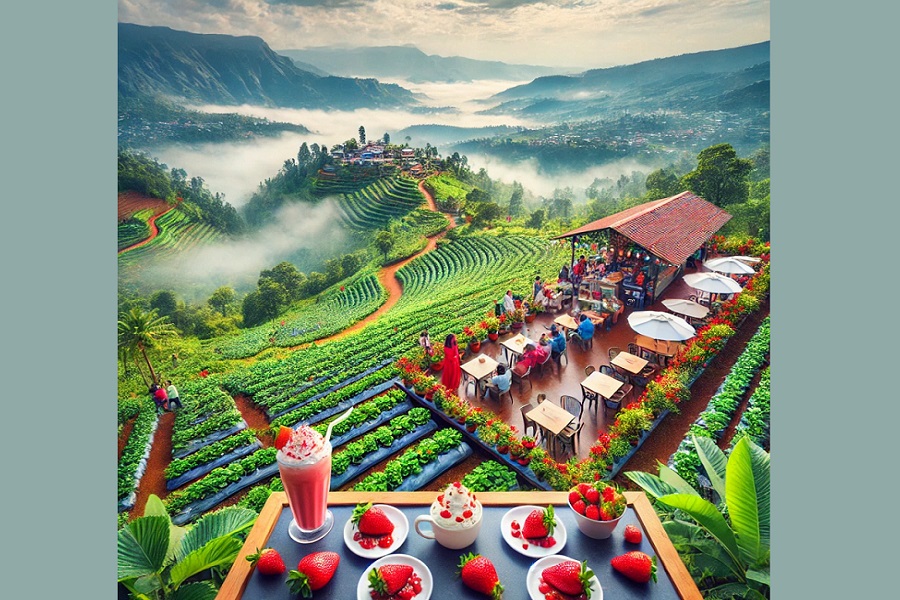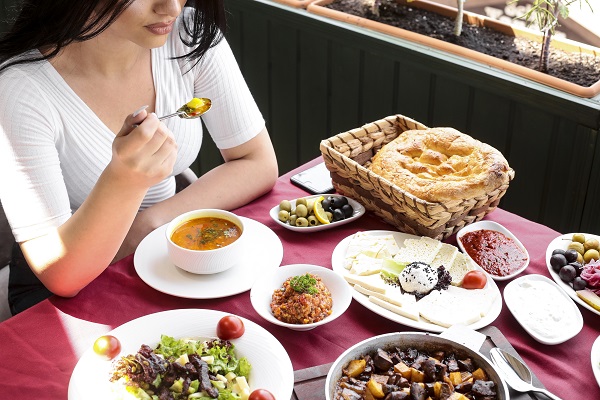Grills, Gatherings, and Global Flavors: The Rise of Food and Beverage Tourism

The art of grilling—captured so vibrantly in this image—isn’t just a method of cooking; it’s a ritual, a gathering, and a celebration. Around the world, fire-cooked food has long been the heart of communal experiences. Whether in a backyard in North America, an Argentine asado, a South African braai, or a Mediterranean garden feast, grilling symbolizes more than just eating. It’s about connection, culture, and tradition. This is exactly what food and beverage tourism sets out to explore.
Experiencing Culture One Plate at a Time
Food and beverage tourism allows travelers to become part of the fabric of a place. Eating at a restaurant is just one piece of the puzzle. True culinary explorers crave more—they want to:
Learn local recipes from home cooks
Visit organic farms and local breweries
Join seafood harvests or fruit-picking in season
Participate in slow food movements and sustainability workshops
The barbecue in the photo showcases one of the simplest, yet most profound food tourism moments—a meal shared outdoors, surrounded by nature and blooming flowers, far from the hustle of tourist traps. It reflects a return to roots, where taste, setting, and people matter most.
Local Ingredients, Global Curiosity
Tourists today are increasingly conscious of where their food comes from. They are eager to experience dishes made with seasonal, locally-sourced ingredients. The meats on the grill in the image—juicy sausages, marinated fillets, and possibly regional specialties—hint at this trend. There's something universally appealing about savoring local produce cooked with traditional methods, especially in open-air settings.
This shift has encouraged tourism boards and hospitality businesses to design curated “food trails” and “culinary journeys” through villages, coastal towns, and wine regions. From Tuscany to Thailand, travelers are being guided through not just meals, but stories of heritage and sustainability.
Cooking as a Cultural Dialogue
Cooking and eating together transcends language. For many tourists, sharing a grill or dining table with locals becomes a highlight of their trip. It fosters authentic interactions and nurtures empathy. With experiential tourism gaining popularity, food becomes a vehicle for storytelling, skill-sharing, and cultural diplomacy.
Imagine being invited to a barbecue in a small town, much like the one pictured, where you marinate meats together, exchange family recipes, laugh over local wine, and leave not just with a full belly—but with friendships.
The Future of Food Tourism: From Flame to Fame
The growing demand for immersive, sensory-rich experiences is turning food and beverage tourism into a major global industry. Festivals, farm stays, cookery schools, and backyard barbecues are now part of a broader movement that connects taste with travel.
The image of the rustic grill under the shade of trees, with sizzling meats and a hand tending the fire, is more than just a snapshot—it's an invitation. An invitation to travelers to step away from fast food and faceless dining and instead embrace the soulful side of tourism: the shared table, the local story, and the unforgettable flavors.
So whether you’re a food lover, a curious traveler, or both, remember this—the world is best explored with your taste buds leading the way.
























